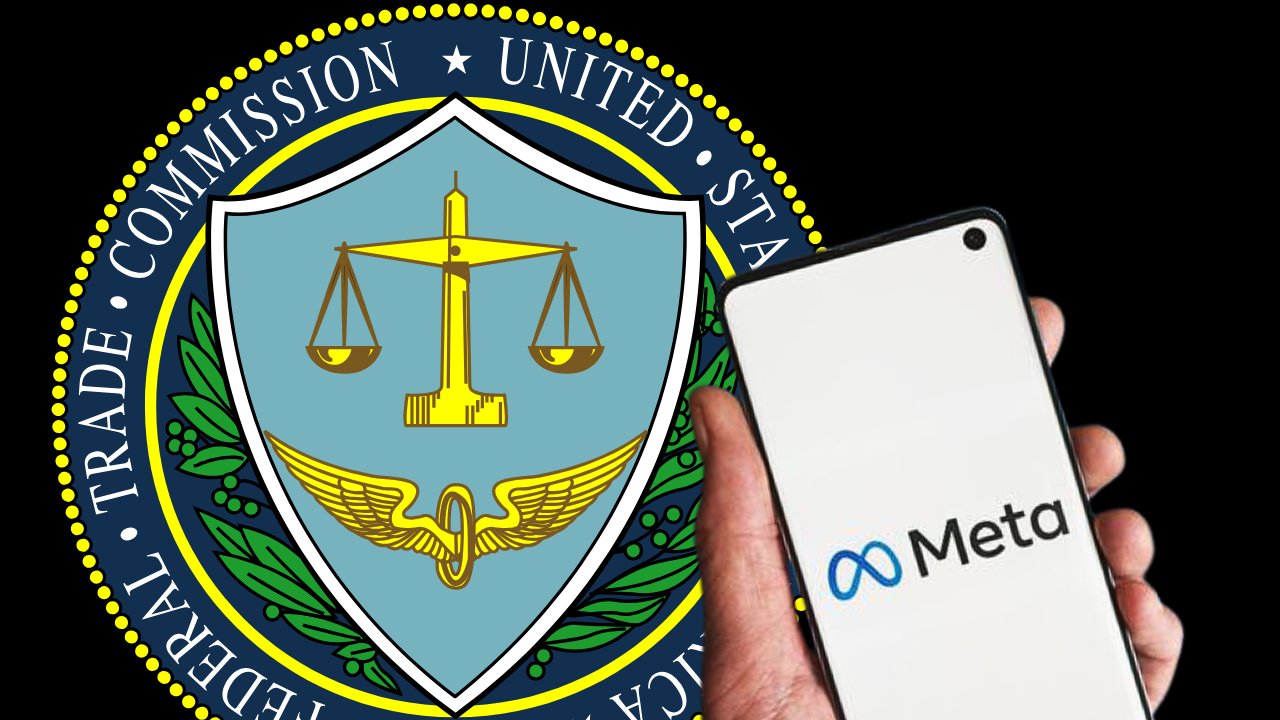
WASHINGTON, D.C. – Yesterday, the Federal Trade Commission (FTC) announced that it would appeal the decision in its case against Meta, which sought to force the company to unwind its...

WASHINGTON, D.C. – The Consumer Choice Center, a consumer advocacy group based in Washington, D.C., is proud to announce that James Czerniawski will join as Head of Emerging Technology Policy...

By Yaël Ossowski For the last five weeks, an agency of the Federal government has attempted to convince a judge that Meta should be forcibly broken up for parts. FTC...
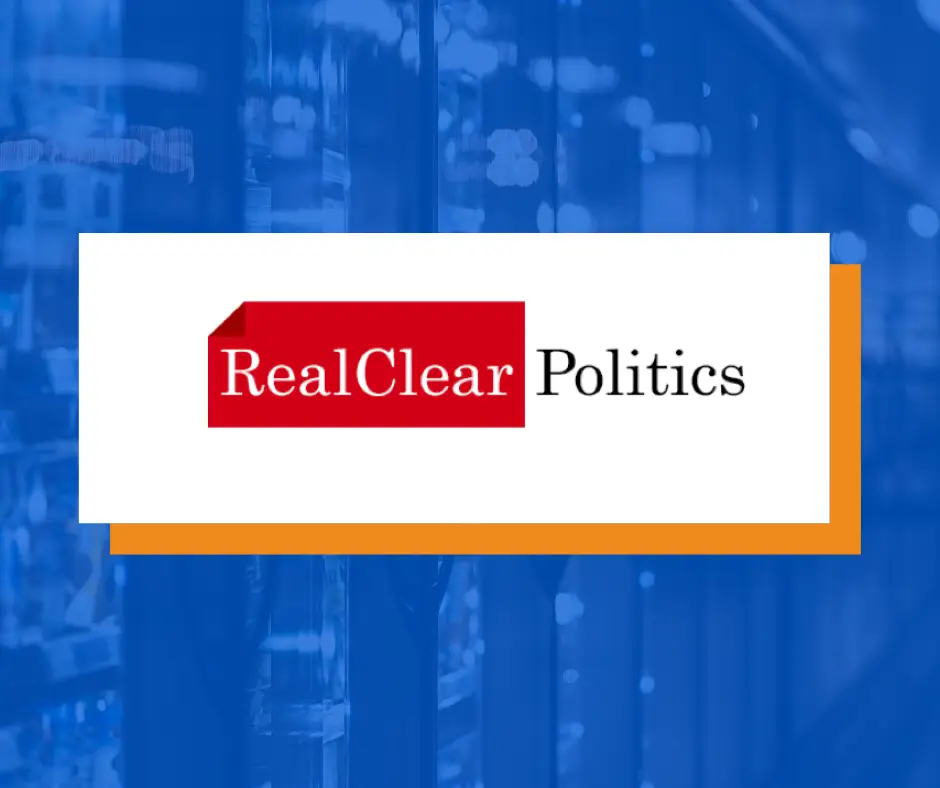
Meta had its first day in court against the Federal Trade Commission in what will be the second-largest antitrust trial of the decade. At stake is Meta’s ownership of both Instagram and...

Washington, D.C. – The Consumer Choice Center (CCC) expresses deep concern over the DOJ’s proposed remedies in the case of United States v. Google LLC that aim to completely dismantle...

Washington, D.C. – The Consumer Choice Center (CCC) expresses deep concern over the DOJ’s proposed remedy in the case of United States v. Google LLC that would force the tech firm sell off...

On June 11, the Consumer Choice Center submitted comments to Rekabet Kurumu, the competition regulator in Türkiye, on the subject of various amendments to country’s laws on mergers, acquisitions, and...

Washington, D.C. – Today the DOJ unveiled its long-awaited antitrust lawsuit against Apple, alleging that Apple maintains an “illegal monopoly” over the smartphone industry. “This is a very extreme position being taken...

FOR IMMEDIATE RELEASE | September 26, 2023 The FTC’s latest Amazon antitrust case seeks to end your consumer preferences WASHINGTON, D.C. – This morning, the Federal Trade Commission launched another...
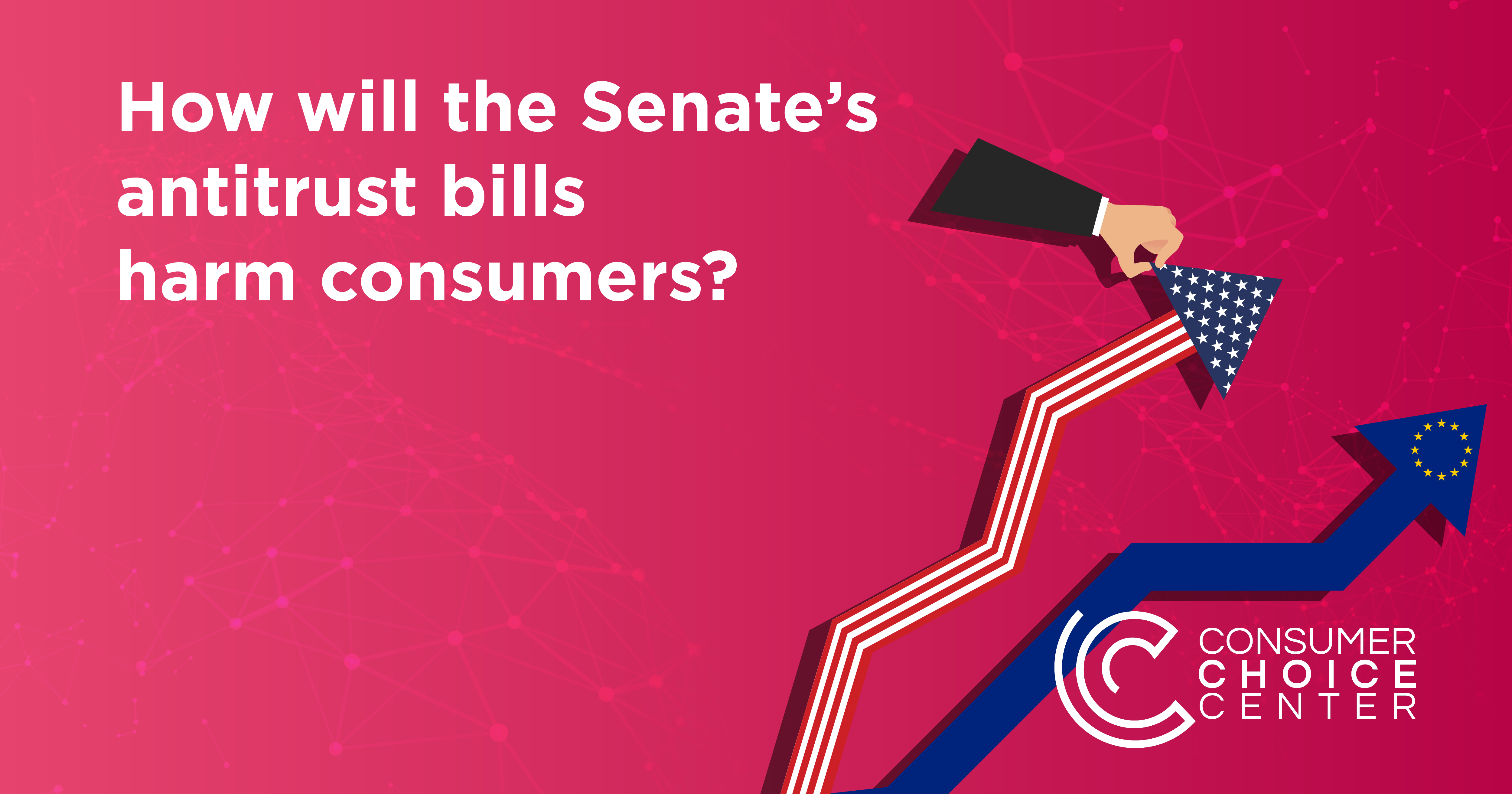
By Yaël Ossowski The U.S. Senate is considering two antitrust bills by Sen. Amy Klobuchar that would significantly harm both consumer choice and innovation. Unfortunately, these bills have been co-sponsored...
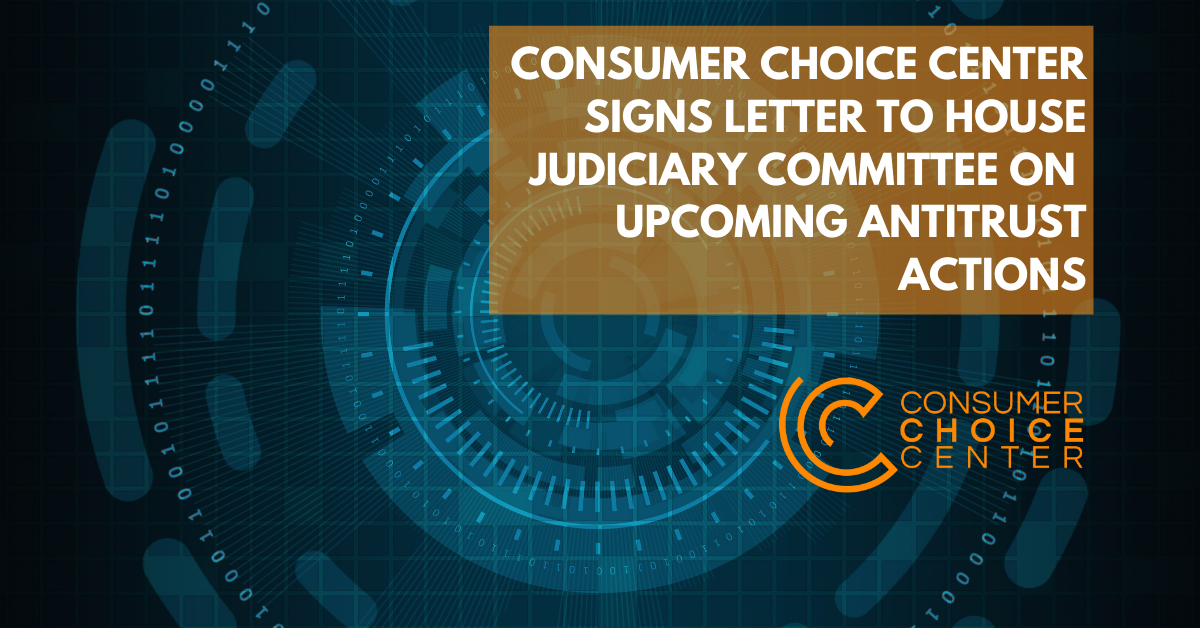
Today, the Consumer Choice Center sent a letter to the members of the House Judiciary Committee to explain our opposition to a series of bills soon to be introduced on...
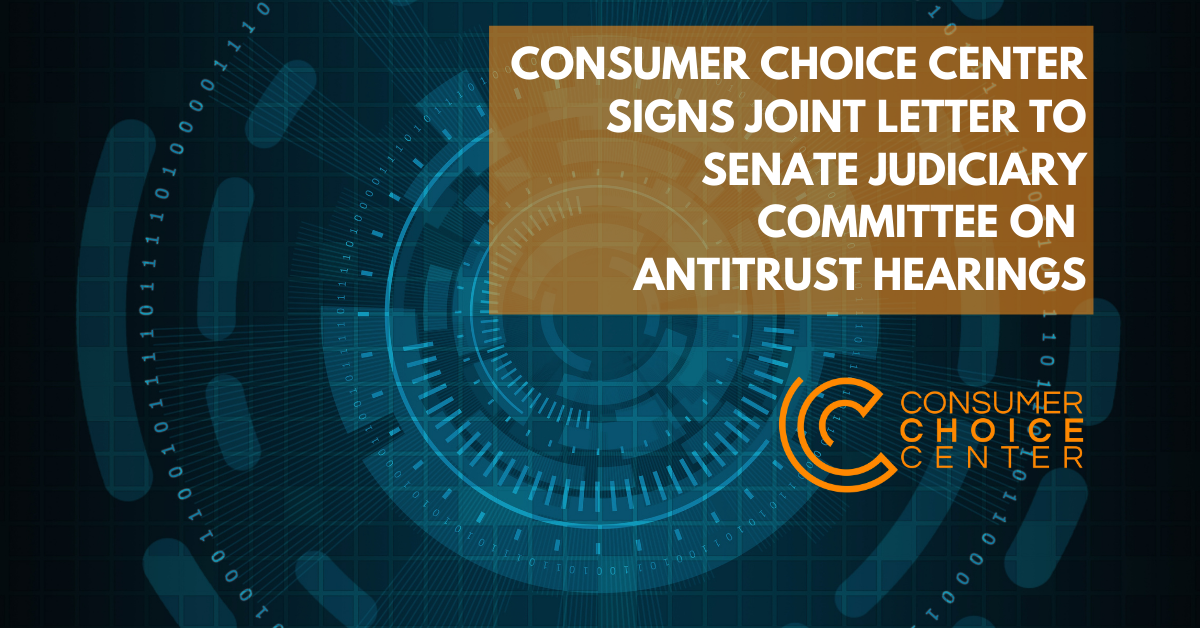
September 15, 2020The full letter can be downloaded here The Honorable Michael S. LeeChairman, Senate Committee on the JudiciarySubcommittee on Antitrust, Competition Policy and Consumer Rights The Honorable Amy KlobucharRanking...